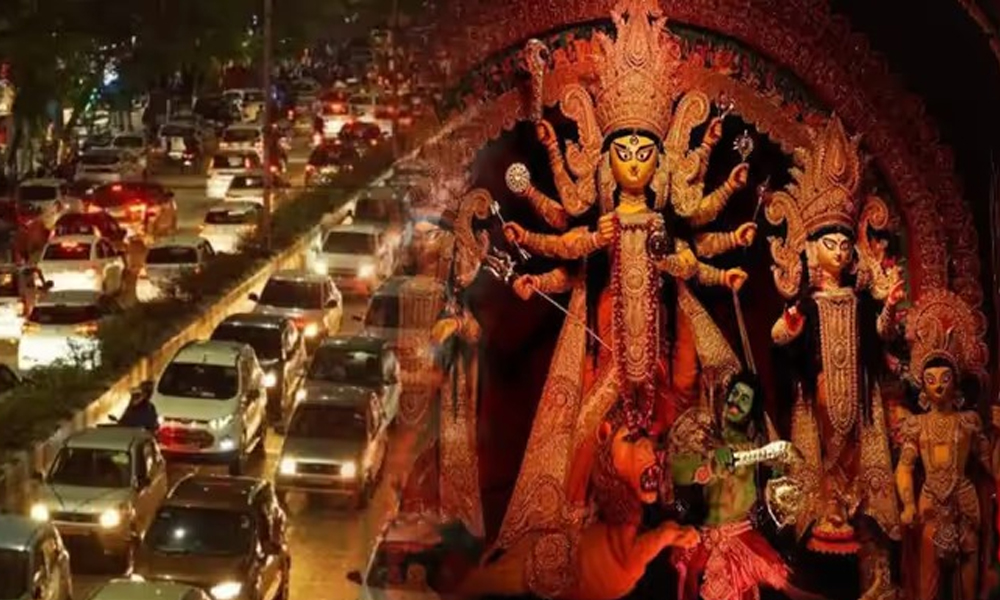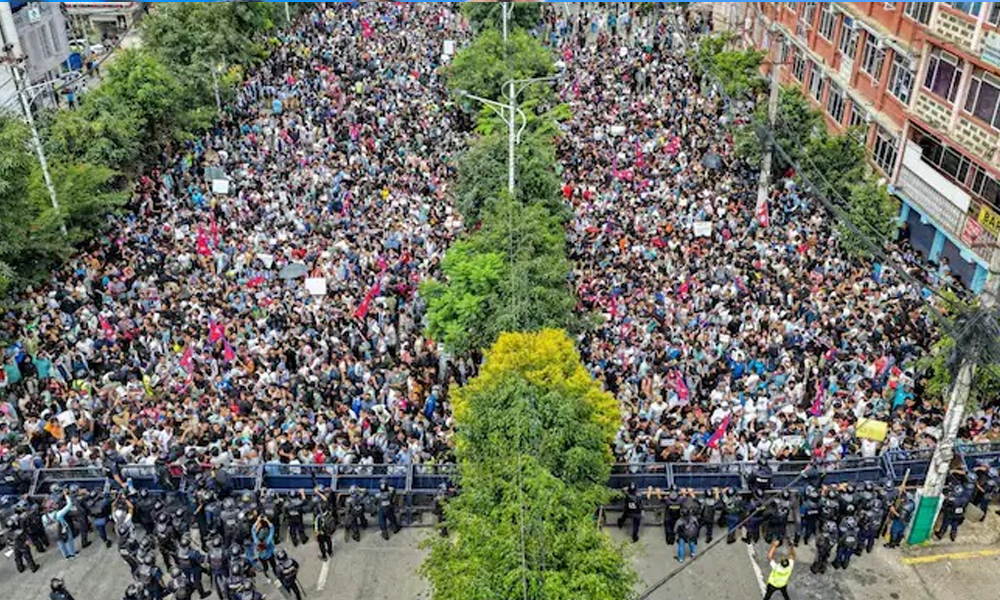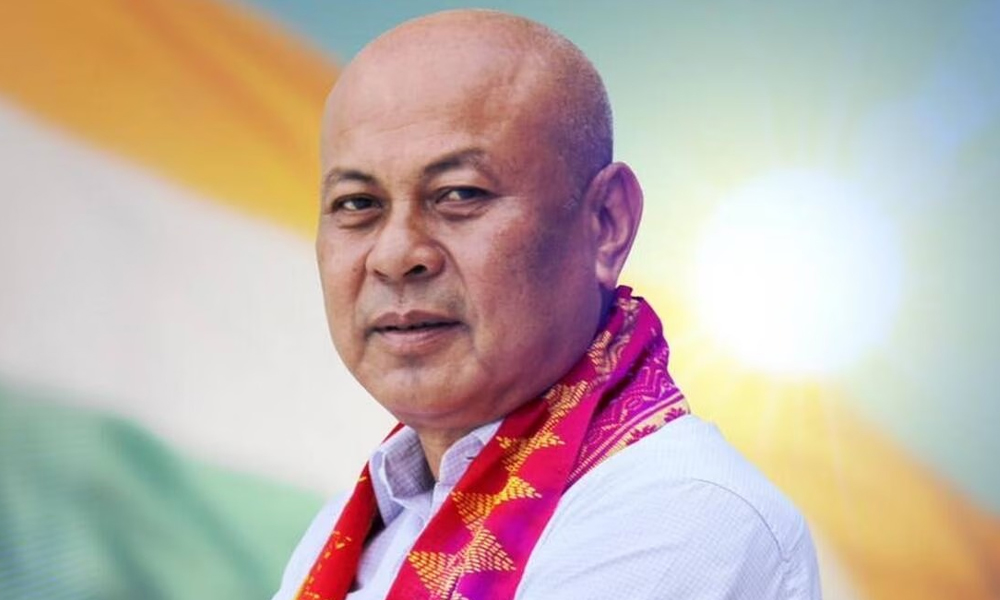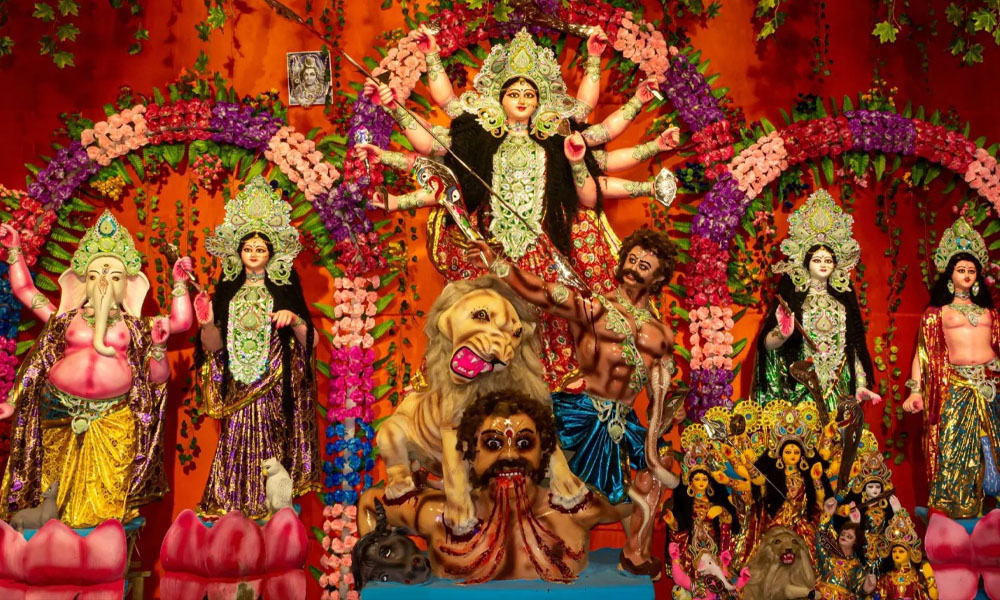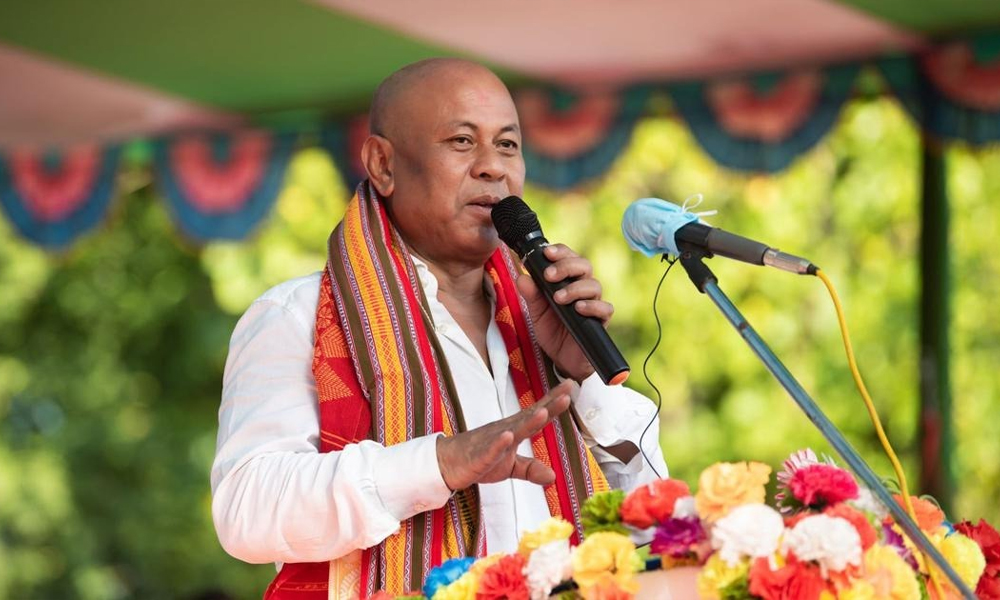Malala inspired the assembly on July 12, 2013, when she spoke at the UN headquarters. She was only a 16-year-old activist from Pakistan at the time. Malala highlighted the significance of women's access to education in her address and urged international leaders to change their policies. Standing ovations had been extended to her several times for her wonderful remarks.
History and Significance of Malala Day:
Malala inspired the assembly on July 12, 2013, when she spoke at the UN headquarters. She was only a 16-year-old activist from Pakistan at the time. Malala highlighted the significance of women's access to education in her address and urged international leaders to change their policies. Standing ovations had been extended to her several times for her wonderful remarks.
Since July 12 was the young activist's birthday, the UN promptly proclaimed that day to be observed as "Malala Day" in her honour.
Ø Since the award's inception in 1901, Yousufzai was the youngest recipient. She had just turned 17 years old.
Ø The Pakistani activist gained national recognition in her own country in 2009 after she began writing about life under Taliban control and collaborating with BBC. She then appeared on television to promote girls' education.
Ø Malala was apparently targeted by the Taliban in 2012 as she was on a bus advocating for girls' education in Pakistan. She was shot in the head and neck.
Ø In 2015, an asteroid was named in Malala Yousafzai's honour.
Ø
The young activist enrolled at Oxford University in 2018 to
study philosophy, economics, and politics. Malala had wanted to pursue a career
in medicine, but she has now discovered a love for politics. Secretary-General
António Guterres named the activist a United Nations Messenger of Peace in
2017.



